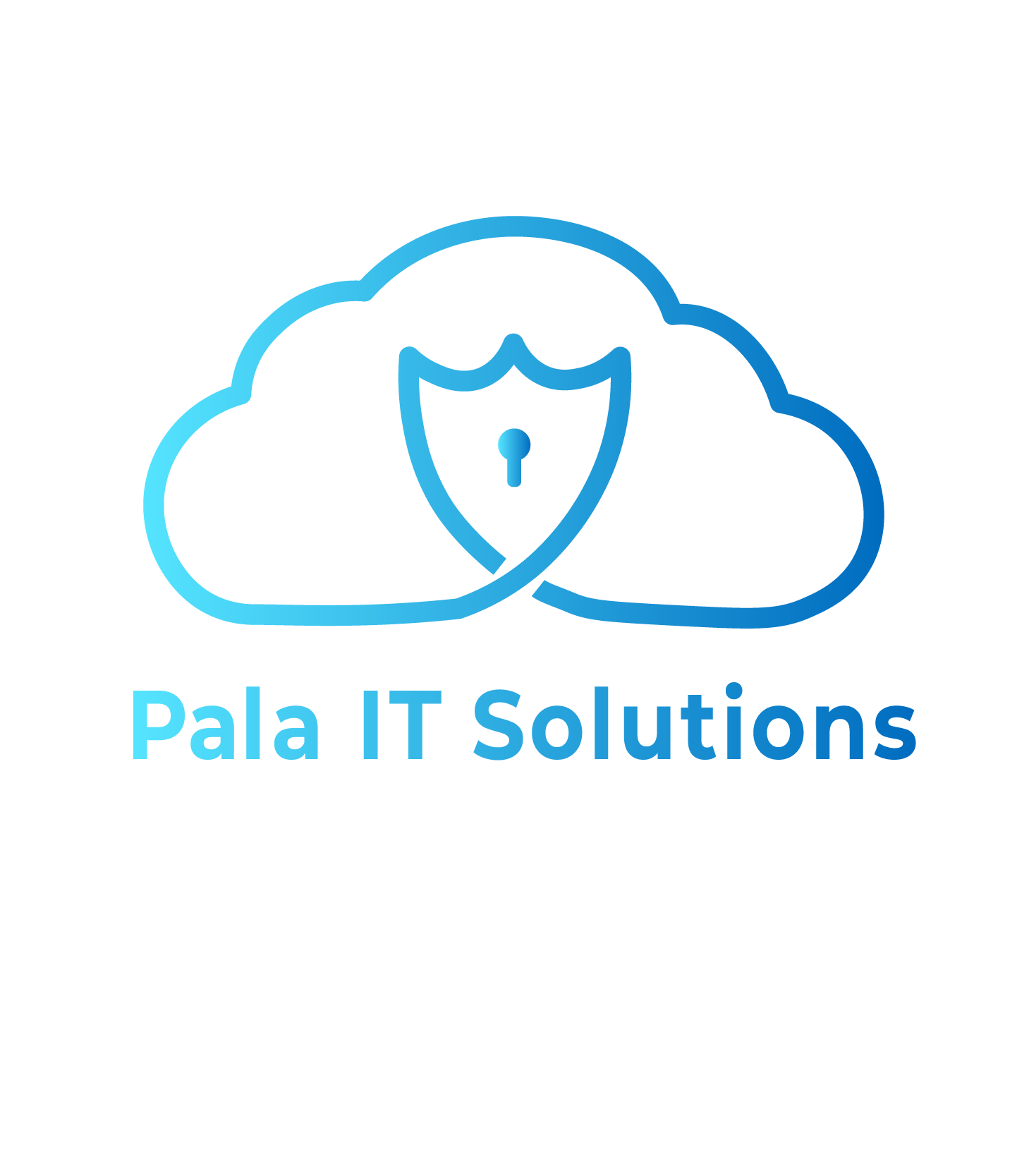The Role of MSPs in Achieving Regulatory Compliance: A Comprehensive Guide
In today’s digital landscape, businesses face increasing challenges when it comes to regulatory compliance. Meeting the requirements set forth by governing bodies is crucial to avoid penalties, maintain data security, and build trust with customers. Managed Service Providers (MSPs) play a vital role in helping businesses navigate the complex landscape of regulatory compliance, providing expertise, support, and tailored solutions. This comprehensive guide will delve into the significance of MSPs in achieving regulatory compliance, covering both the US and Canadian markets.
Understanding Regulatory Compliance:
Regulatory compliance refers to the adherence to laws, regulations, and industry standards that govern specific industries. Non-compliance can result in severe consequences, such as financial penalties, legal repercussions, damage to reputation, and loss of customer trust. The regulatory landscape is ever evolving, with new laws and requirements being introduced regularly.
The Role of MSPs in Regulatory Compliance:
Expertise and Guidance: MSPs possess in-depth knowledge of the regulatory frameworks and standards that apply to different industries. They can provide guidance on specific compliance requirements, ensuring businesses stay up to date with the latest regulations. This includes understanding the regulatory differences between the US and Canadian markets.
- Risk Assessment and Mitigation: MSPs can perform comprehensive risk assessments to identify potential compliance gaps and vulnerabilities. They evaluate the existing IT infrastructure, policies, and processes to ensure they align with regulatory standards. By identifying and mitigating risks, MSPs help businesses proactively address compliance challenges.
- Data Security and Privacy: MSPs assist businesses in implementing robust data security measures, including encryption, access controls, and regular security audits. They ensure sensitive customer data is protected, complying with privacy regulations such as the General Data Protection Regulation (GDPR) in the European Union, the California Consumer Privacy Act (CCPA), and Canada’s Personal Information Protection and Electronic Documents Act (PIPEDA).
- Secure Cloud Solutions: MSPs can guide businesses in adopting secure cloud computing solutions that comply with industry-specific regulations. They assist in implementing best practices for data storage, transmission, and backup, while ensuring compliance with the Health Insurance Portability and Accountability Act (HIPAA) in the US and the Personal Health Information Protection Act (PHIPA) in Canada.
- Ongoing Compliance Monitoring: MSPs provide continuous monitoring and management of IT systems to ensure ongoing compliance. This includes regular audits, vulnerability assessments, and security patch management to address any emerging threats or changes in regulations.
Key Differences between US and Canadian Regulatory Compliance:
While both the US and Canada prioritize data privacy and security, there are notable differences in their regulatory landscapes. MSPs must understand these variances to help businesses achieve compliance:
- Privacy Laws: In the US, privacy regulations can vary at the federal, state, and industry levels. Examples include the California Consumer Privacy Act (CCPA) and the Health Insurance Portability and Accountability Act (HIPAA). In Canada, the Personal Information Protection and Electronic Documents Act (PIPEDA) governs the collection, use, and disclosure of personal information in commercial activities.
- Breach Notification: In the US, breach notification laws vary from state to state, with different thresholds and timelines. In Canada, breach notification is mandatory under PIPEDA, and organizations must report breaches to affected individuals and the Office of the Privacy Commissioner.
- Cross-Border Data Transfers: Transferring data between the US and Canada requires attention to cross-border data transfer regulations, such as the EU-US Privacy Shield framework and the recent changes resulting from the Schrems II ruling*.
Achieving regulatory compliance is a critical responsibility for businesses operating in the US and Canadian markets. MSPs play an instrumental role in supporting organizations by providing expertise, guidance, and risk assessment.
Pala IT, a trusted MSP company servicing both the US and Canada, understands the intricacies of regulatory compliance in both markets. They can assist organizations in navigating the complex landscape, ensuring adherence to relevant laws and regulations. Contact Pala IT today for more information on how their comprehensive solutions can help your business achieve and maintain regulatory compliance while focusing on your core objectives.
* The Schrems II ruling refers to a landmark decision by the Court of Justice of the European Union (CJEU) issued on July 16, 2020. This ruling invalidated the EU-US Privacy Shield framework, which was a mechanism that allowed for the transfer of personal data between the European Union (EU) and the United States.








